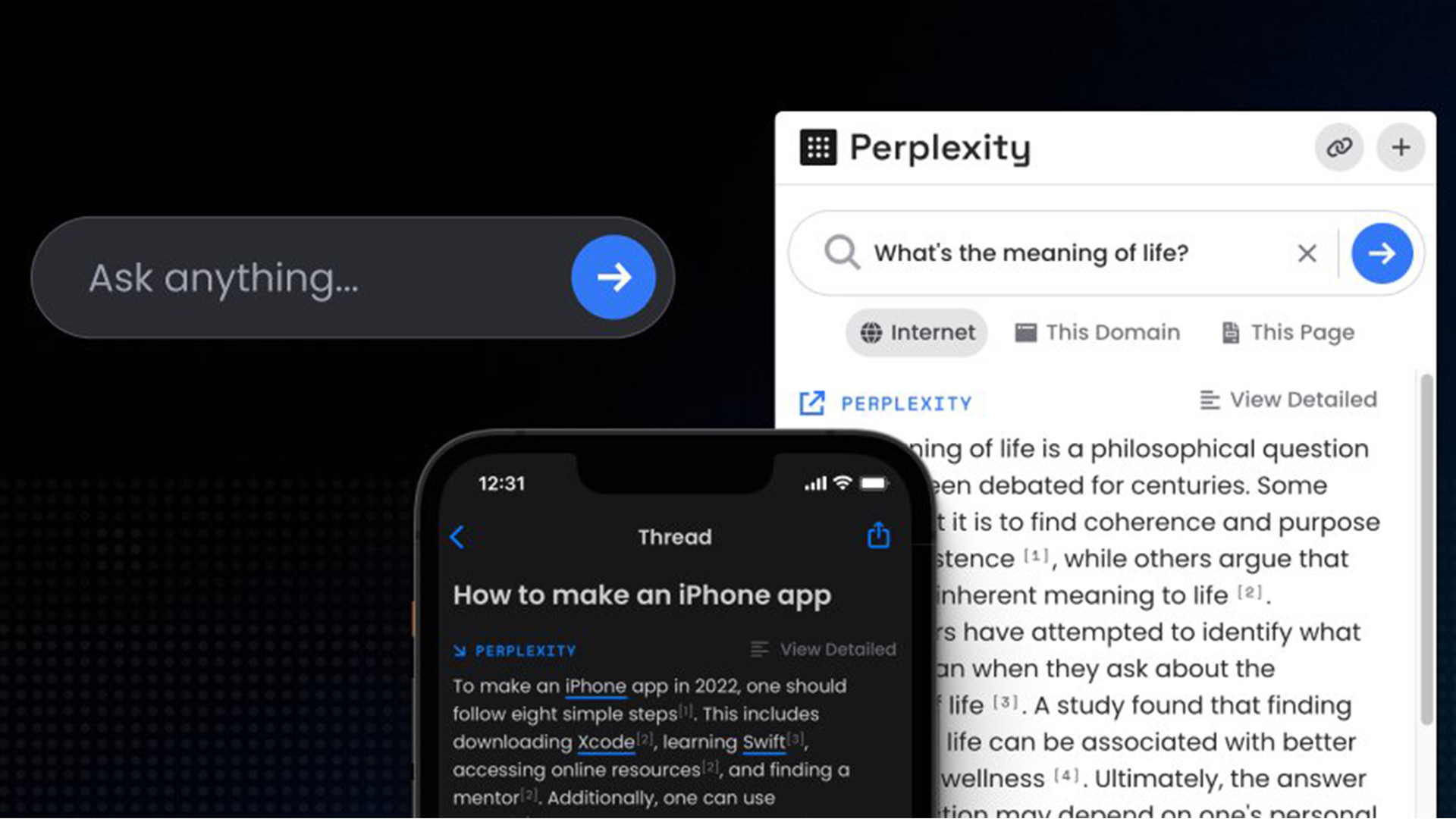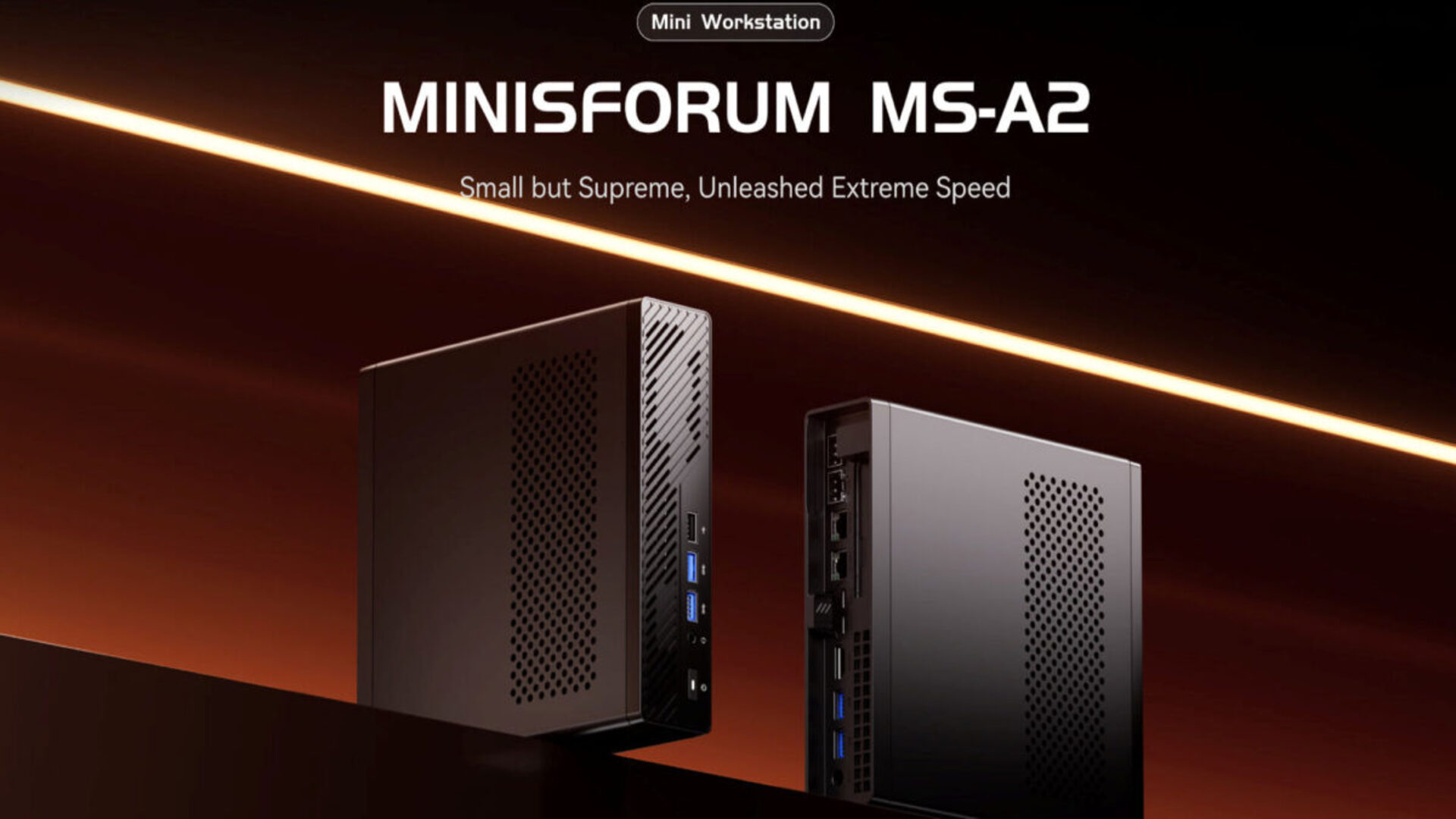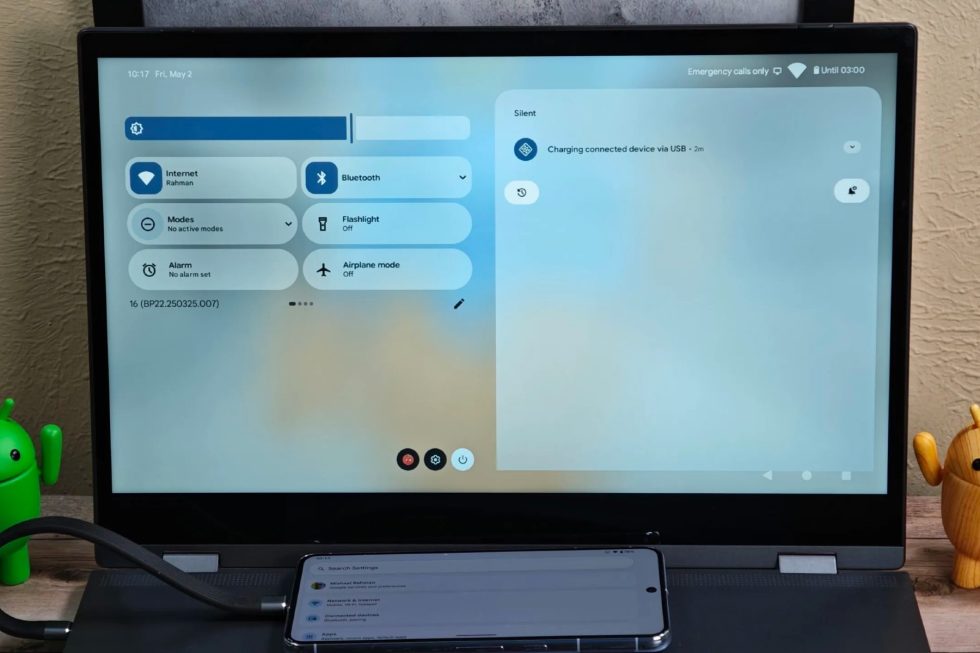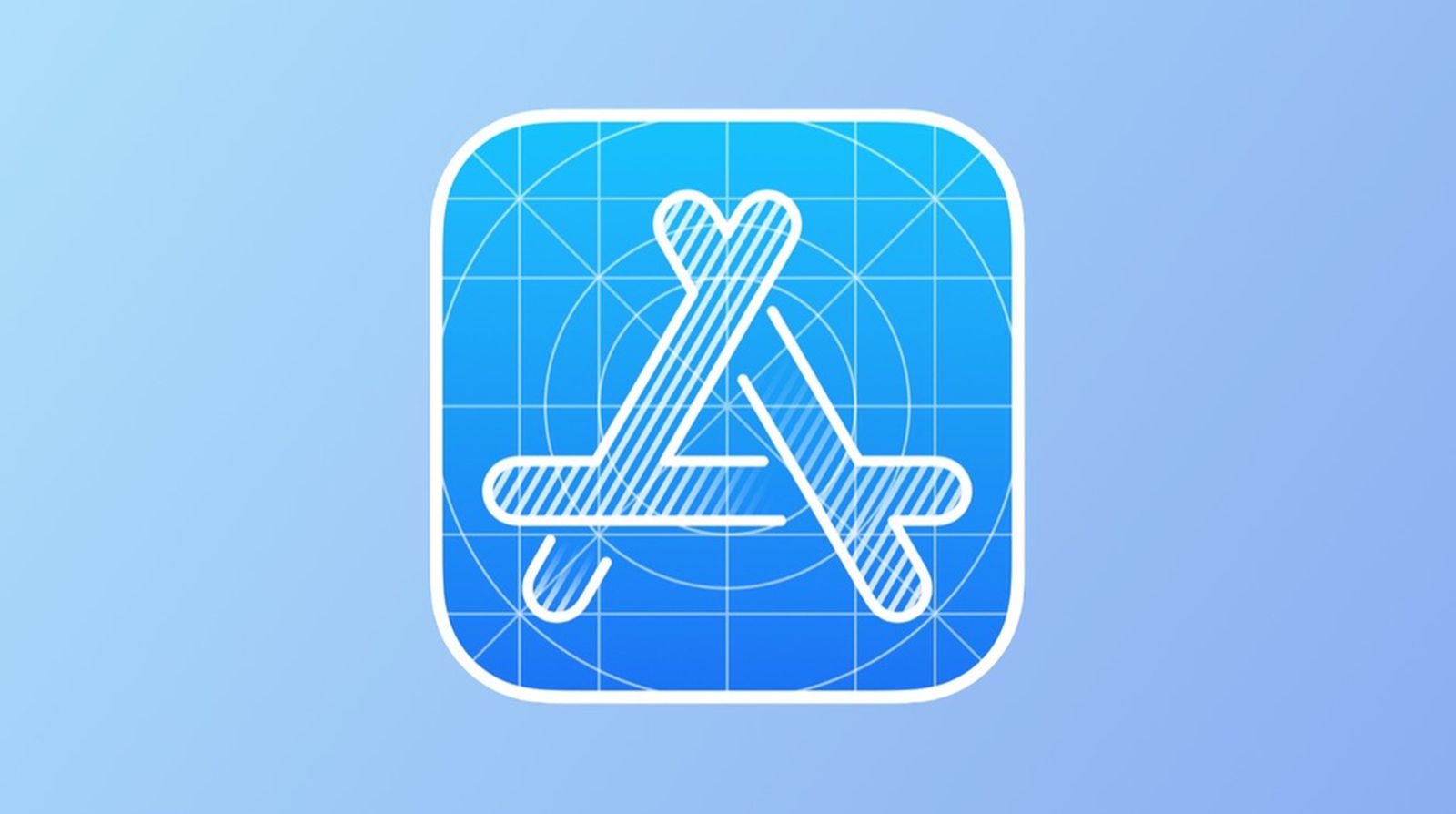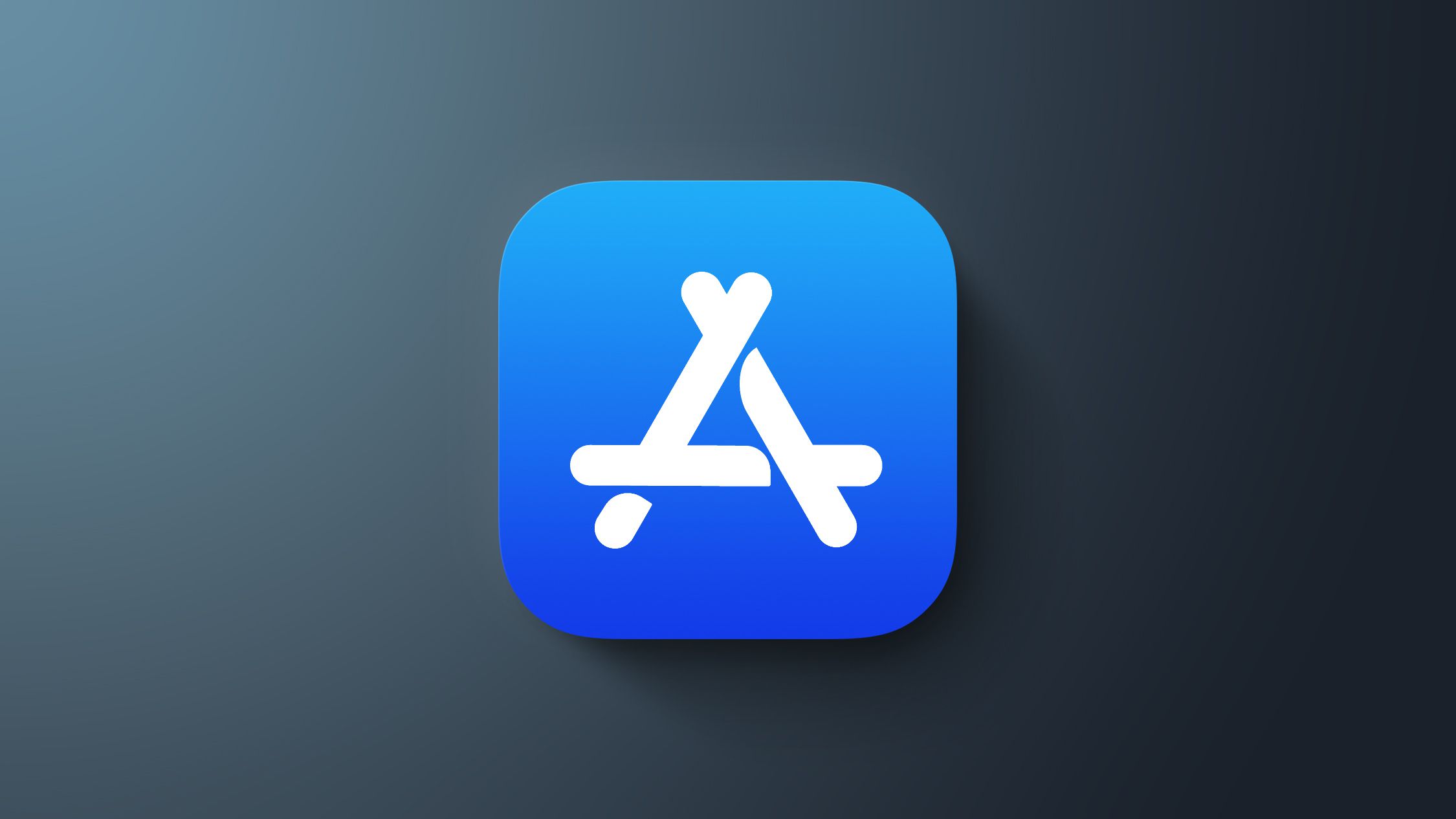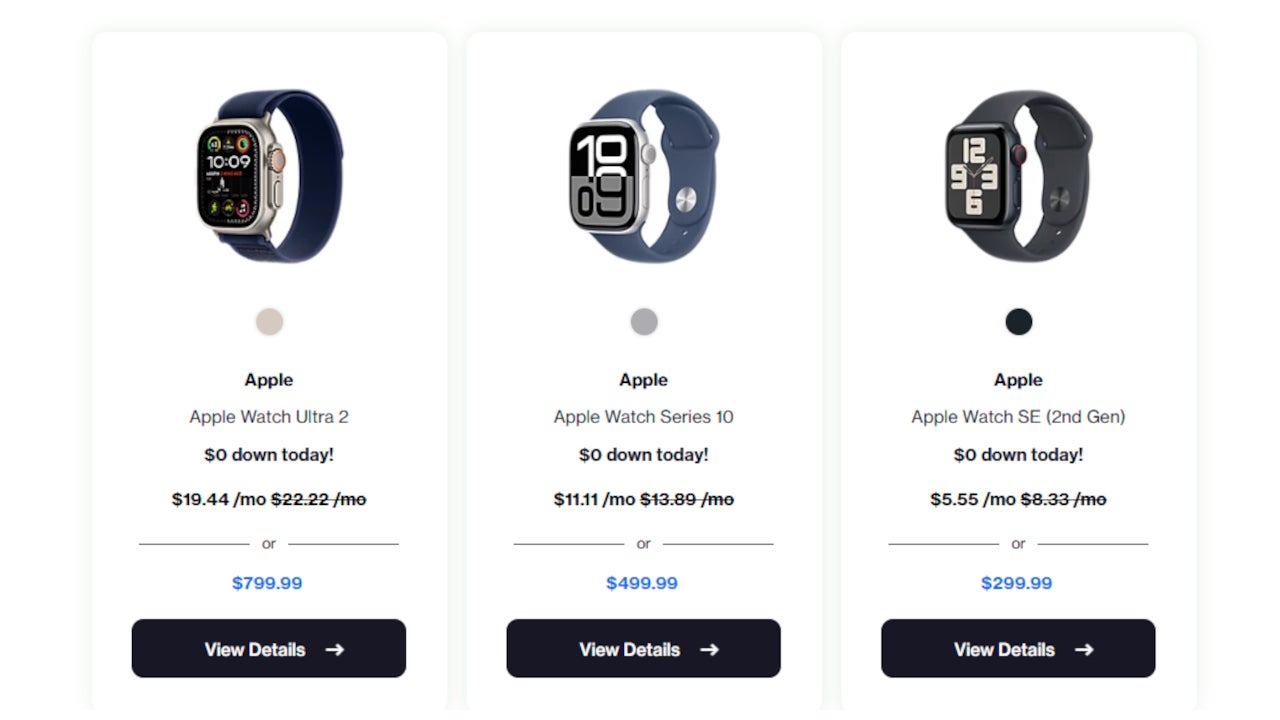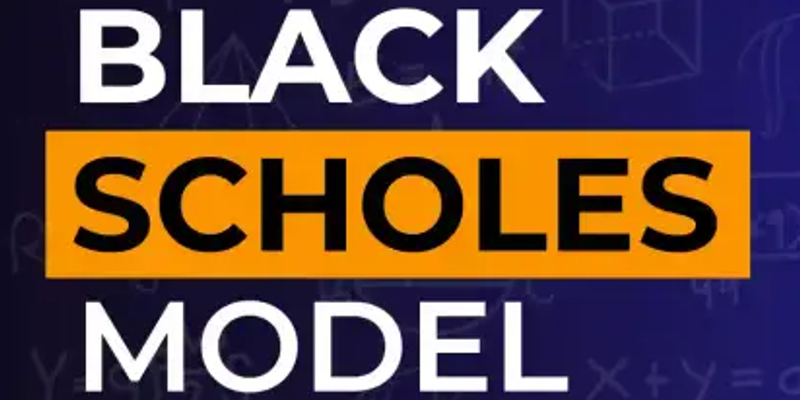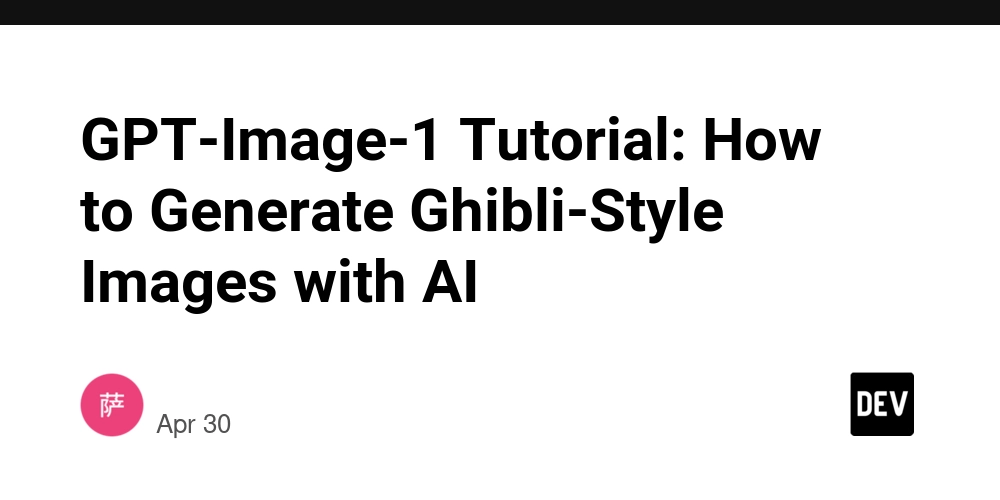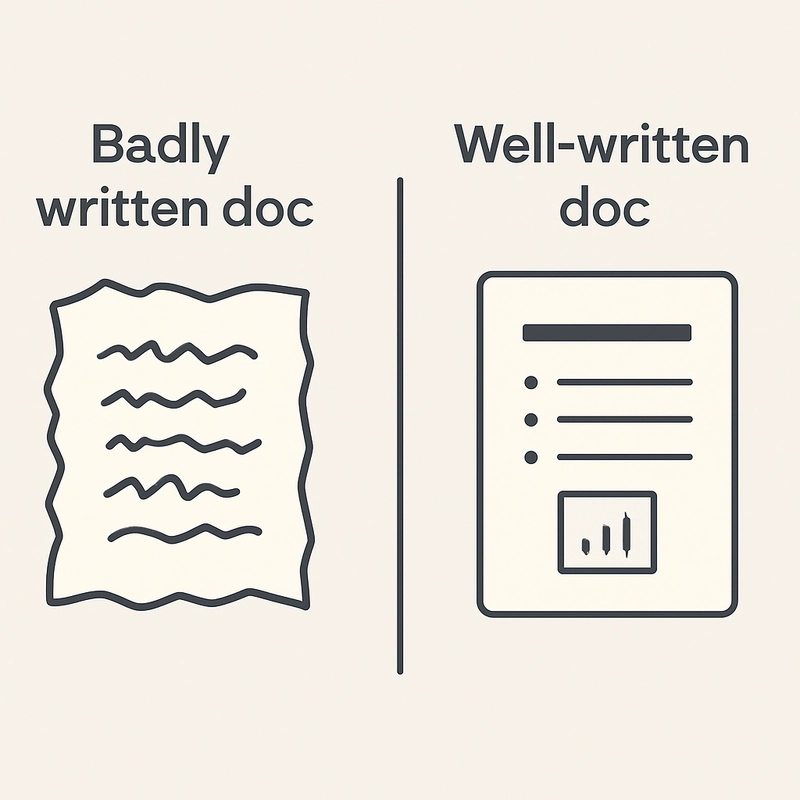License-Token: Empowering Open Source Creators – A New Era of Licensing Innovations
Abstract: In today's fast‐paced technological ecosystem, open source projects drive innovation and collaboration. However, managing licensing, attribution, and monetization continues to present hurdles for projects and developers. License-Token emerges as a transformative solution that leverages blockchain technology to streamline open source licensing while creating automated attribution systems and tokenized revenue models. In this post, we dive into the background, core concepts, real-world applications, challenges, and future outlook of License-Token. We analyze how smart contracts, blockchain transparency, and decentralized community engagement are redefining open source licensing. Key related topics include open source licensing complexity, blockchain-based smart contracts, tokenization of licenses, and community-driven funding. We also reference influential resources and related case studies to provide a holistic look into this new paradigm. Introduction The world of open source software has thrived on collaboration, innovation, and freedom. Yet, even as countless developers contribute to projects that shape our digital lives, issues related to licensing, monetization, and proper attribution persist. These challenges risk stifling innovation and hindering the long-term sustainability of projects. License-Token is emerging as an answer to these challenges. By integrating blockchain technology and smart contracts into open source licensing, License-Token offers an elegant solution for automated compliance, transparent credit for contributions, and even novel tokenized monetization models – a game changer for creators and the open source ecosystem at large. In this blog post, we will explore: The background and evolution of open source licensing, How License-Token uses blockchain and tokenization to address existing challenges, The core concepts and practical applications of License-Token, Challenges and limitations that remain, And a forward look at innovations on the horizon. Background and Context The Open Source Ecosystem and Licensing Evolution Open source licensing has a storied history. Traditional licenses such as the GNU General Public License (GPL), Apache License, and MIT License were designed to ensure that software remains free and collaboratively modifiable. As open source matured, so did the ecosystem’s complexity, giving rise to debates over attribution requirements and proper monetization models. In today’s digital age, licensing is not solely about legal protection; it is about supporting community values while ensuring that creators receive proper recognition and compensation. Key historical points include: Collaborative Innovation: Open source initiatives sparked by communities worldwide laid the groundwork for technologies that we use daily. Legal Frameworks: Initial licenses ensured that modifications and distributions were kept open, but many of them required careful legal analysis and interpretation. Modern Challenges: With the rise of blockchain technology, challenges such as attribution tracking and digital asset monetization come to the forefront. The Emergence of Blockchain in Open Source Licensing Blockchain technology, with its immutable ledgers, decentralization, and smart contracts, has disrupted traditional licensing models. It offers: Transparency: Every transaction or change is recorded on a public ledger. Immutable Attribution: Provenance of contributions can be confirmed beyond doubt. Tokenized Monetization: New economic incentives for contributors can be automated, measurable, and governed by digital tokens. License-Token stands at the convergence of these trends. By harnessing blockchain’s power, License-Token can automate licensing agreements, reduce ambiguity, and offer a novel approach to reward creators. Core Concepts and Features License-Token is built on three key pillars: 1. Smart Contract Licensing License-Token leverages blockchain’s smart contracts to automate licensing agreements. These smart contracts enforce compliance in a trustless, decentralized manner. They help minimize legal ambiguities because the terms are encoded in immutable digital contracts. For a deeper dive into smart contracts, check out Ethereum's smart contract documentation. Advantages include: Self-Executing Rules: Once conditions are met, the contract autonomously executes without intermediaries. Reduced Disputes: Clear, automated guidelines reduce potential for misunderstandings and disputes. Efficiency: Streamlined processes allow developers to focus more on innovation rather than legal procedures. 2. Automated Attribution A key challenge in open source is ensuring that every contributor receives proper credit. License-Token’s blockchain framework allows for real-time tracking of contributions. Each code modification or contribution can be recorded on an immutable l
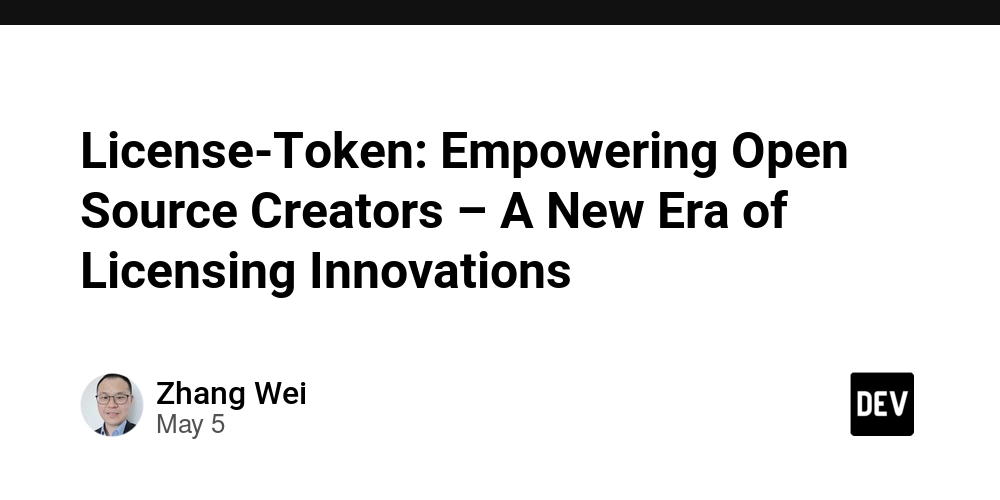
Abstract:
In today's fast‐paced technological ecosystem, open source projects drive innovation and collaboration. However, managing licensing, attribution, and monetization continues to present hurdles for projects and developers. License-Token emerges as a transformative solution that leverages blockchain technology to streamline open source licensing while creating automated attribution systems and tokenized revenue models. In this post, we dive into the background, core concepts, real-world applications, challenges, and future outlook of License-Token. We analyze how smart contracts, blockchain transparency, and decentralized community engagement are redefining open source licensing. Key related topics include open source licensing complexity, blockchain-based smart contracts, tokenization of licenses, and community-driven funding. We also reference influential resources and related case studies to provide a holistic look into this new paradigm.
Introduction
The world of open source software has thrived on collaboration, innovation, and freedom. Yet, even as countless developers contribute to projects that shape our digital lives, issues related to licensing, monetization, and proper attribution persist. These challenges risk stifling innovation and hindering the long-term sustainability of projects. License-Token is emerging as an answer to these challenges. By integrating blockchain technology and smart contracts into open source licensing, License-Token offers an elegant solution for automated compliance, transparent credit for contributions, and even novel tokenized monetization models – a game changer for creators and the open source ecosystem at large.
In this blog post, we will explore:
- The background and evolution of open source licensing,
- How License-Token uses blockchain and tokenization to address existing challenges,
- The core concepts and practical applications of License-Token,
- Challenges and limitations that remain,
- And a forward look at innovations on the horizon.
Background and Context
The Open Source Ecosystem and Licensing Evolution
Open source licensing has a storied history. Traditional licenses such as the GNU General Public License (GPL), Apache License, and MIT License were designed to ensure that software remains free and collaboratively modifiable. As open source matured, so did the ecosystem’s complexity, giving rise to debates over attribution requirements and proper monetization models. In today’s digital age, licensing is not solely about legal protection; it is about supporting community values while ensuring that creators receive proper recognition and compensation.
Key historical points include:
- Collaborative Innovation: Open source initiatives sparked by communities worldwide laid the groundwork for technologies that we use daily.
- Legal Frameworks: Initial licenses ensured that modifications and distributions were kept open, but many of them required careful legal analysis and interpretation.
- Modern Challenges: With the rise of blockchain technology, challenges such as attribution tracking and digital asset monetization come to the forefront.
The Emergence of Blockchain in Open Source Licensing
Blockchain technology, with its immutable ledgers, decentralization, and smart contracts, has disrupted traditional licensing models. It offers:
- Transparency: Every transaction or change is recorded on a public ledger.
- Immutable Attribution: Provenance of contributions can be confirmed beyond doubt.
- Tokenized Monetization: New economic incentives for contributors can be automated, measurable, and governed by digital tokens.
License-Token stands at the convergence of these trends. By harnessing blockchain’s power, License-Token can automate licensing agreements, reduce ambiguity, and offer a novel approach to reward creators.
Core Concepts and Features
License-Token is built on three key pillars:
1. Smart Contract Licensing
License-Token leverages blockchain’s smart contracts to automate licensing agreements. These smart contracts enforce compliance in a trustless, decentralized manner. They help minimize legal ambiguities because the terms are encoded in immutable digital contracts. For a deeper dive into smart contracts, check out Ethereum's smart contract documentation.
Advantages include:
- Self-Executing Rules: Once conditions are met, the contract autonomously executes without intermediaries.
- Reduced Disputes: Clear, automated guidelines reduce potential for misunderstandings and disputes.
- Efficiency: Streamlined processes allow developers to focus more on innovation rather than legal procedures.
2. Automated Attribution
A key challenge in open source is ensuring that every contributor receives proper credit. License-Token’s blockchain framework allows for real-time tracking of contributions. Each code modification or contribution can be recorded on an immutable ledger that ensures fairness and visibility.
3. Tokenized Monetization Model
Perhaps the most innovative aspect of License-Token is its token economy. By tokenizing licensing, creators have new ways to monetize their contributions without compromising open source principles. This model aligns incentives in a decentralized manner and offers financial support that scales with project success. Explore more about tokenizing open source licenses.
A Closer Look: Technical and Ecosystem Benefits
Table: Open Source Licensing – Traditional vs. License-Token Approach
| Aspect | Traditional Licensing | License-Token Approach |
|---|---|---|
| Legal Complexity | High; requires manual interpretation and intervention | Minimal; rules encoded in smart contracts ensuring automated compliance |
| Attribution | Often ambiguous, prone to disputes | Automated and immutable tracking using blockchain |
| Monetization | Limited to donations and sponsorships | Innovative tokenized models that reward contributions directly |
| Transparency | Limited; records not publicly verifiable | Full transparency via public blockchain ledgers |
| Community Involvement | Dependent on legacy legal processes | Highly engaging, with community-driven governance and incentivization programs |
License-Token's strengths lie in seamlessly integrating these aspects into a single, holistic solution that benefits both developers and users.
Applications and Use Cases
License-Token is applicable in several scenarios where open source licenses meet modern digital economies:
1. Open Source Software Projects
- Automated Licensing: Software projects can use smart contracts to manage licensing agreements. Once developers contribute, the system automatically records attribution and adjusts token rewards.
- Monetization Opportunities: Projects can reward contributors with native tokens that can later be redeemed or traded, increasing resources for further development.
2. Decentralized Applications (dApps)
- Compliance and Transparency: dApps on blockchain platforms, such as those built using Ethereum, benefit from the transparency in licensing and transparent governance models.
- Community Governance: With automated mechanisms for token distribution and licensing, community-driven development initiatives can flourish.
3. Blockchain-Based Art and Digital Media
- Digital art and creative projects can leverage License-Token to ensure that each instance of a creative contribution is tracked and attributed. This has been especially relevant in the NFT market where authenticity is paramount.
Bullet List: Key Applications
- Software Licensing: Reducing legal complexities in software contributions.
- NFT Monetization: Tokenizing digital artworks and ensuring proper attribution.
- Community Projects: Encouraging community-driven development and fair financial incentives.
- Decentralized Finance (DeFi): Integrating licensing into DeFi models to align with open source ethos.
For further reading, review articles like sustainability of open source through tokenization and case studies in community-driven projects.
Challenges and Limitations
While License-Token is a promising paradigm shift, some challenges remain:
1. Technological Barriers
- Blockchain Adoption: Not every developer is familiar with blockchain technology or comfortable integrating it into traditional projects.
- Scalability: As projects scale, the underlying blockchain must handle increased transactions without compromising speed or security.
2. Legal and Regulatory Considerations
- Evolving Regulations: Most jurisdictions are still developing frameworks for blockchain-based licenses. This regulatory uncertainty can pose risks.
- Jurisdictional Complexities: Harmonizing international legal norms with digital contracts requires continuous effort and monitoring.
3. Community Resistance to Change
- Adoption Curve: Transitioning from traditional licenses to blockchain-based models can meet resistance from communities accustomed to legacy methods.
- Trust and Security Concerns: Although blockchain offers enhanced security, potential vulnerabilities in smart contracts or token economies must be rigorously audited.
4. Integration with Existing Ecosystems
- Compatibility: Ensuring License-Token integrates smoothly with existing open source repositories, version control systems, and developer tools is essential.
- Complexity for New Users: Developers new to blockchain may face an initial learning curve, even as guidance and educational resources are developed.
For further insights regarding legal and regulatory challenges, refer to legal aspects of NFTs.
Future Outlook and Innovations
The future for License-Token and blockchain-based licensing is bright with promising trends:
1. Increased Adoption of Blockchain in Software Development
As blockchain technology becomes more accessible, a larger number of open source projects are expected to integrate these tools to enhance project transparency and incentivize developers.
2. Enhanced Smart Contract Capabilities
Future iterations of smart contract technology may offer even greater security, scalability, and flexibility. We can expect improvements that reduce transaction fees and processing times, thereby increasing overall network efficiency.
3. New Models of Developer Compensation
The tokenized monetization model pioneered by License-Token could lead to new compensation methods that align rewards more closely with project success. This development is likely to encourage more engagement and sustained contributions from developers worldwide.
4. Community-Driven Governance and Funding
Innovations in decentralized governance may lead to models where communities better manage resources, decide on funding priorities, and ultimately shape the evolution of open source projects. For example, initiatives like Arbitrum and Open Source License Compatibility and Arbitrum and Network Upgrades exemplify how blockchain interoperability can be leveraged.
5. Cross-industry Integration
As open source software increasingly intersects with art, finance, and digital media, License-Token’s model has the potential to unify various industries under a common paradigm of verifiable, open licensing. This cross-industry application will likely drive further innovations and new standards for attribution and monetization.
For an inspiring look into the future of open source funding, see the Dev.to article License-Token: A New Dawn in Open Source Funding.
Related Resources and Further Reading
For readers interested in diving deeper into these topics, here are some valuable resources and complementary articles:
- Read the Original Article on License-Token: Empowering Open Source Creators for foundational insights.
- Learn about open source licensing challenges and solutions to grasp the complexity of legacy licensing models.
- Explore Tokenizing Open Source Licenses to understand how blockchain tokenization can transform monetization.
- Discover community perspectives in Community Driven Projects, highlighting how grassroots development keeps open source vibrant.
Additionally, check out developers’ perspectives in these Dev.to posts:
- Navigating Developer Compensation Models: A Modern Approach
- Open Source Funding: A New Era of Opportunities
- Supporting the Backbone of Innovation: Open Source Developer Support Programs
Moreover, five influential links from License-Token’s extended ecosystem include:
- Arbitrum and Open Source License Compatibility
- Arbitrum and Network Upgrades
- Arbitrum and Open Source Scaling Solutions
- License-Token: Streamlining Open Source Compliance
- License-Token: Innovative Licensing for Open Source
Summary and Conclusion
License-Token represents a pioneering approach in open source licensing. By marrying blockchain technology, smart contracts, and tokenization, it addresses longstanding issues including legal complexity, inadequate attribution, and limited monetization for open source creators. We have explored how License-Token not only automates licensing compliance but also fosters an ecosystem where community contributions are accurately tracked and rewarded in real-time.
Key Takeaways:
- Innovative Technology: The application of blockchain and smart contracts simplifies licensing and improves transparency.
- Automated Attribution: Immutable records guarantee that every contributor is duly recognized – a significant improvement over traditional methods.
- Tokenized Monetization: By creating a token economy, License-Token empowers creators financially and encourages continuous contributions.
- Future Opportunities: With ongoing advancements in blockchain scalability and community governance, License-Token is positioned to redefine open source funding and compliance.
In conclusion, the License-Token model not only addresses the technical and legal challenges inherent in open source licensing but also paves the way for a sustainable, community-driven future. As the ecosystem evolves, developers, legal experts, and community members alike will find value in a system that balances innovation with proper recognition and monetary reward.
As the digital landscape becomes even more interconnected, solutions like License-Token will play a critical role in ensuring that open source remains the cornerstone of technological progress. With initiatives like automated smart contracts and tokenized incentives, we are witnessing the dawn of a new era—one where open source creators can focus on what they do best: innovating, collaborating, and driving the future of technology forward.
By embracing the potential of blockchain for open source licensing, License-Token is not just a tool—it is a visionary step toward a fully integrated, sustainable digital ecosystem.

























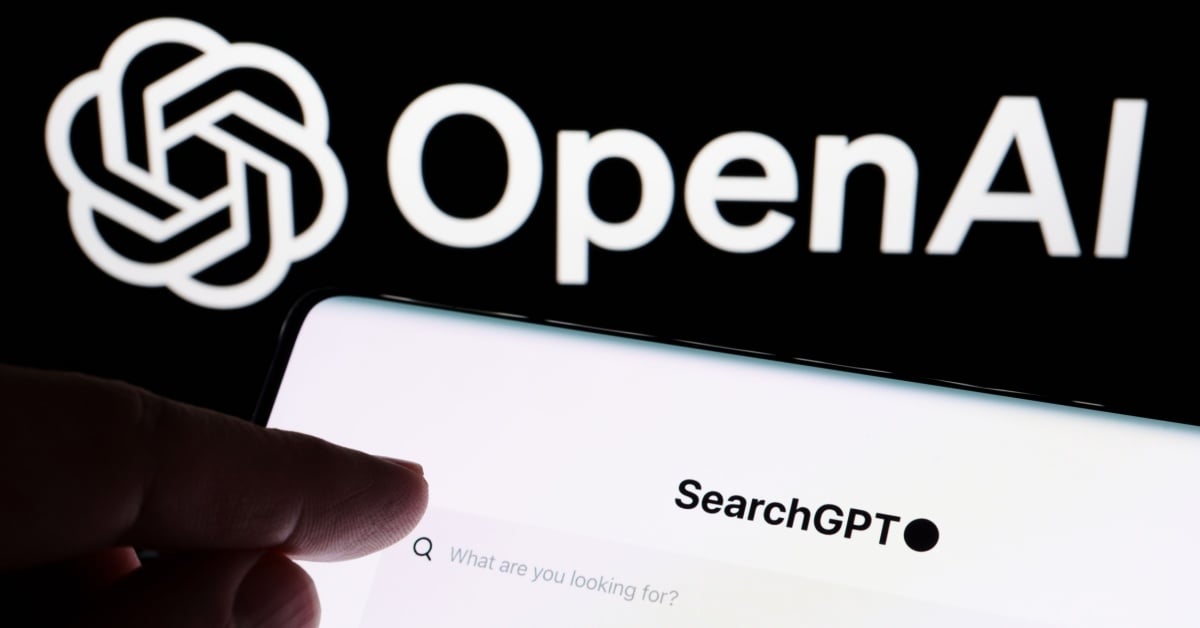














































































































































![[The AI Show Episode 145]: OpenAI Releases o3 and o4-mini, AI Is Causing “Quiet Layoffs,” Executive Order on Youth AI Education & GPT-4o’s Controversial Update](https://www.marketingaiinstitute.com/hubfs/ep%20145%20cover.png)












































































































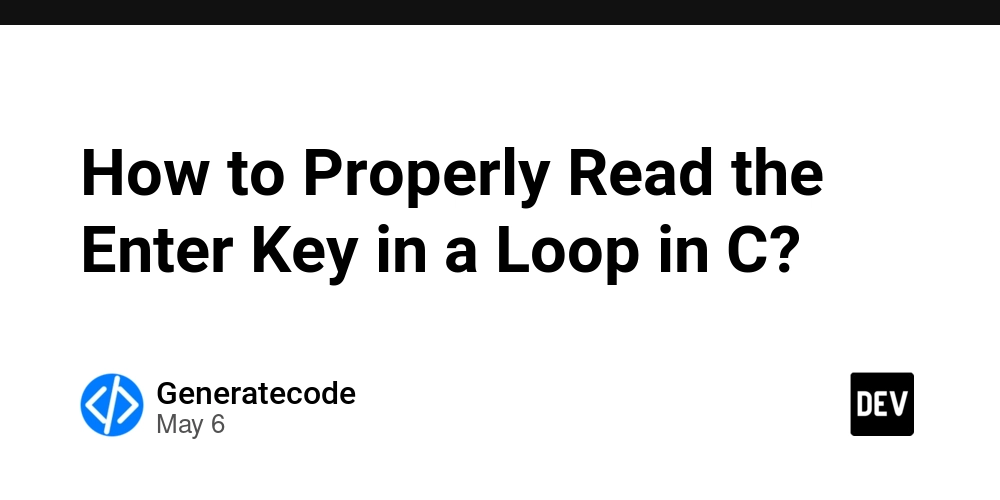
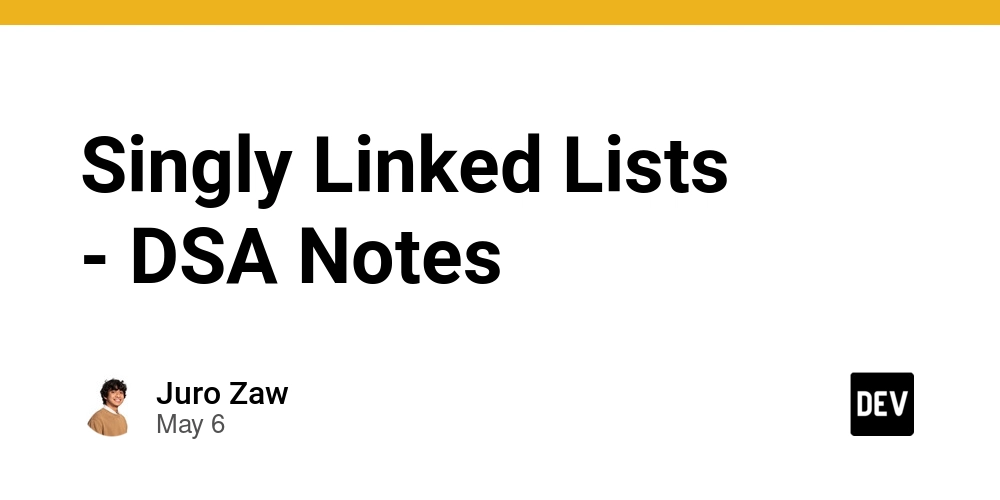










































































































































































































































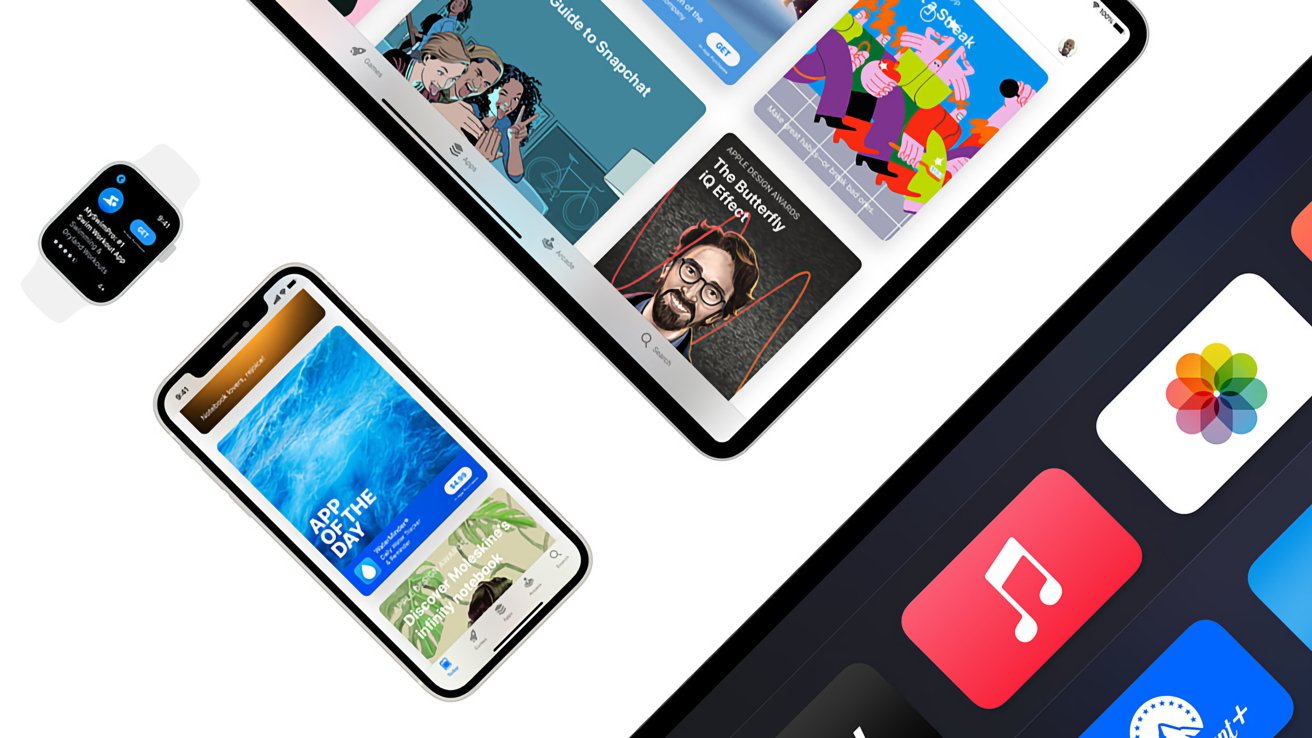

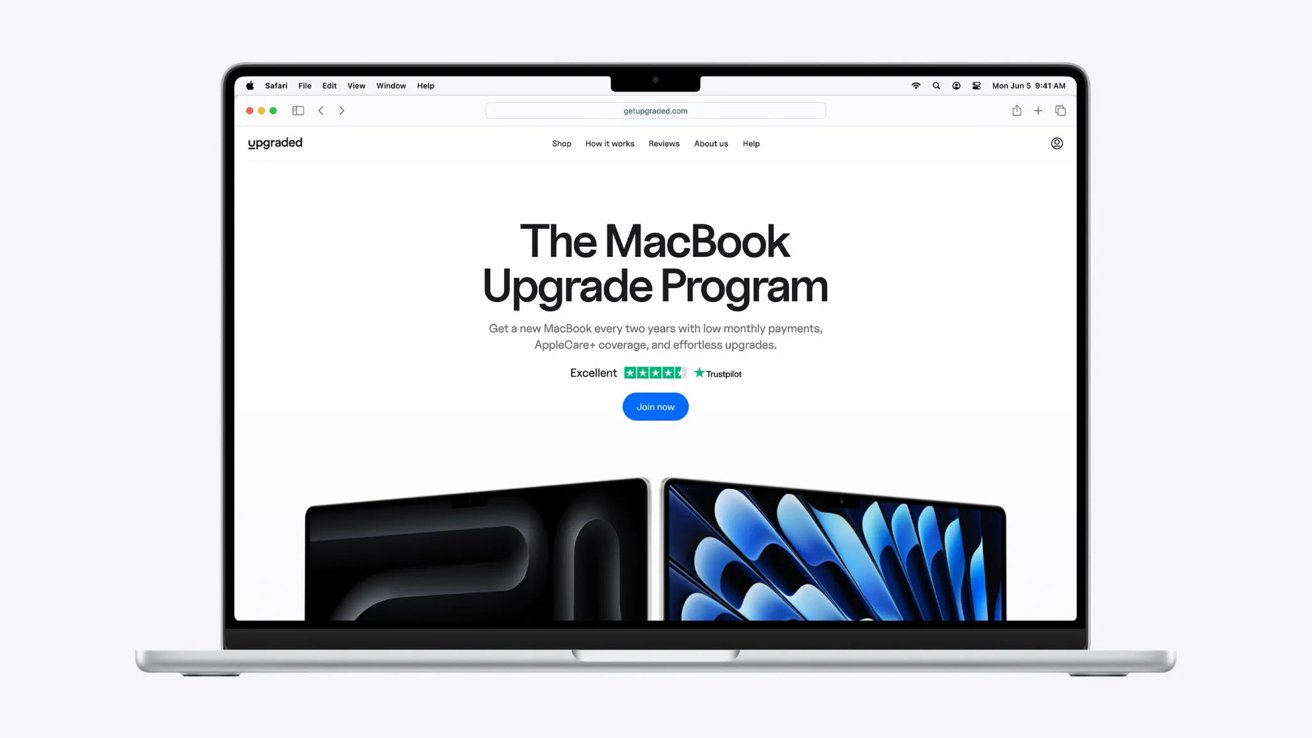

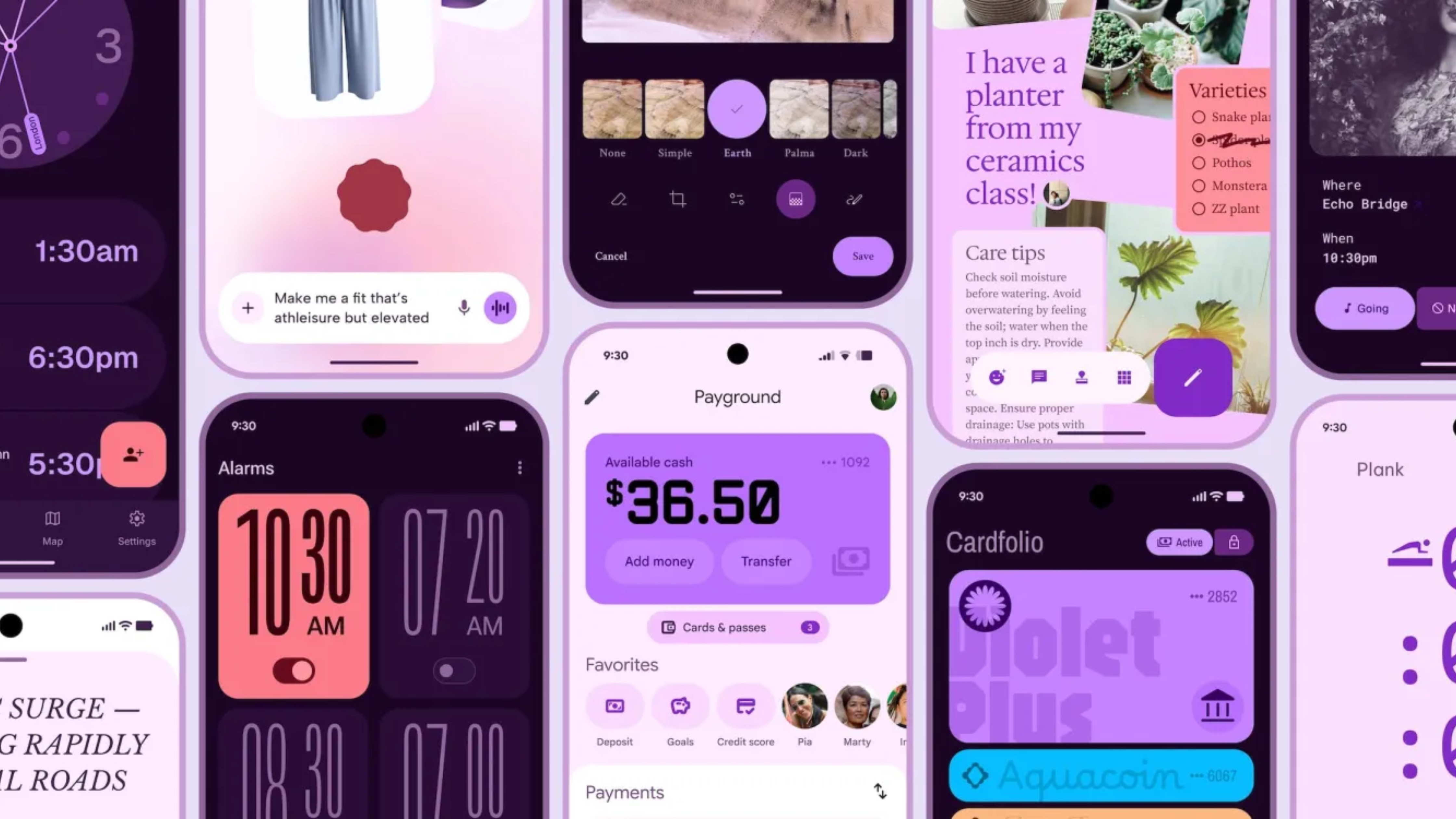




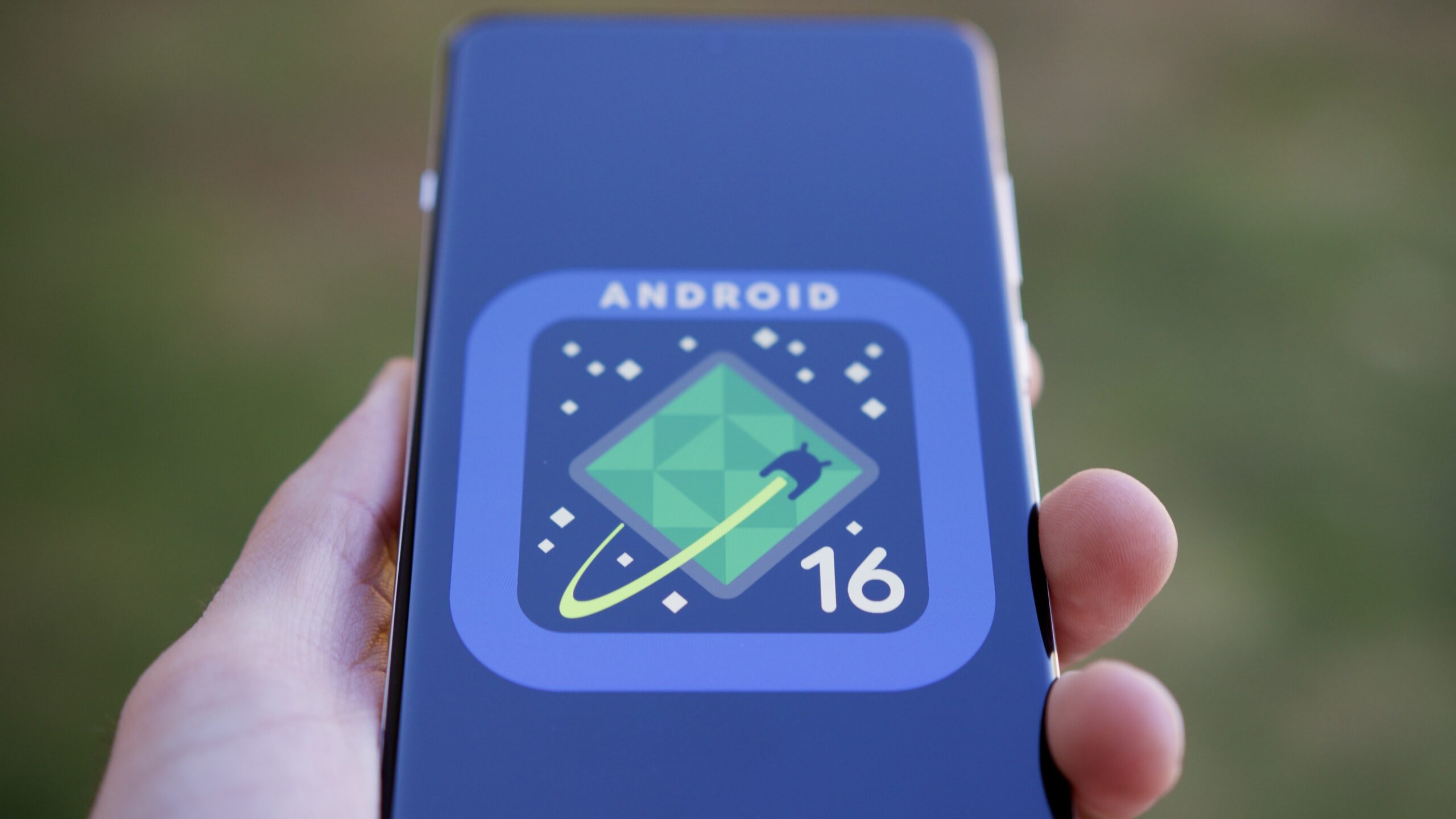
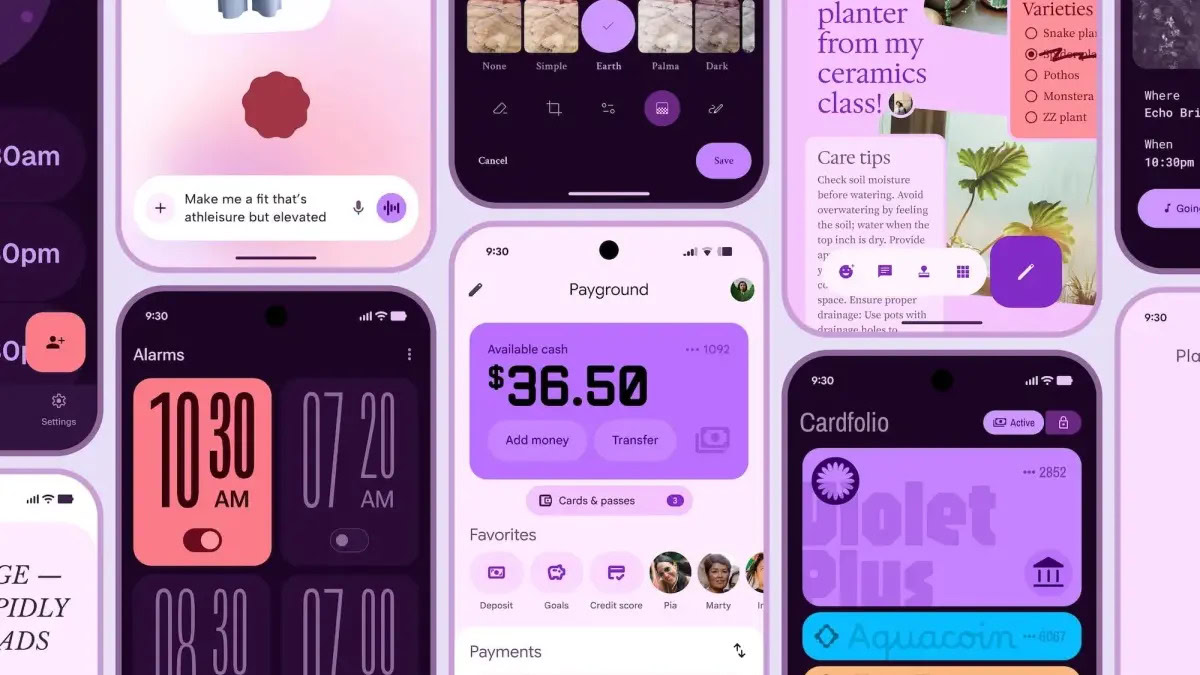





















![Apple Shares Official Teaser for 'Highest 2 Lowest' Starring Denzel Washington [Video]](https://www.iclarified.com/images/news/97221/97221/97221-640.jpg)

![Under-Display Face ID Coming to iPhone 18 Pro and Pro Max [Rumor]](https://www.iclarified.com/images/news/97215/97215/97215-640.jpg)
![New Powerbeats Pro 2 Wireless Earbuds On Sale for $199.95 [Lowest Price Ever]](https://www.iclarified.com/images/news/97217/97217/97217-640.jpg)
















